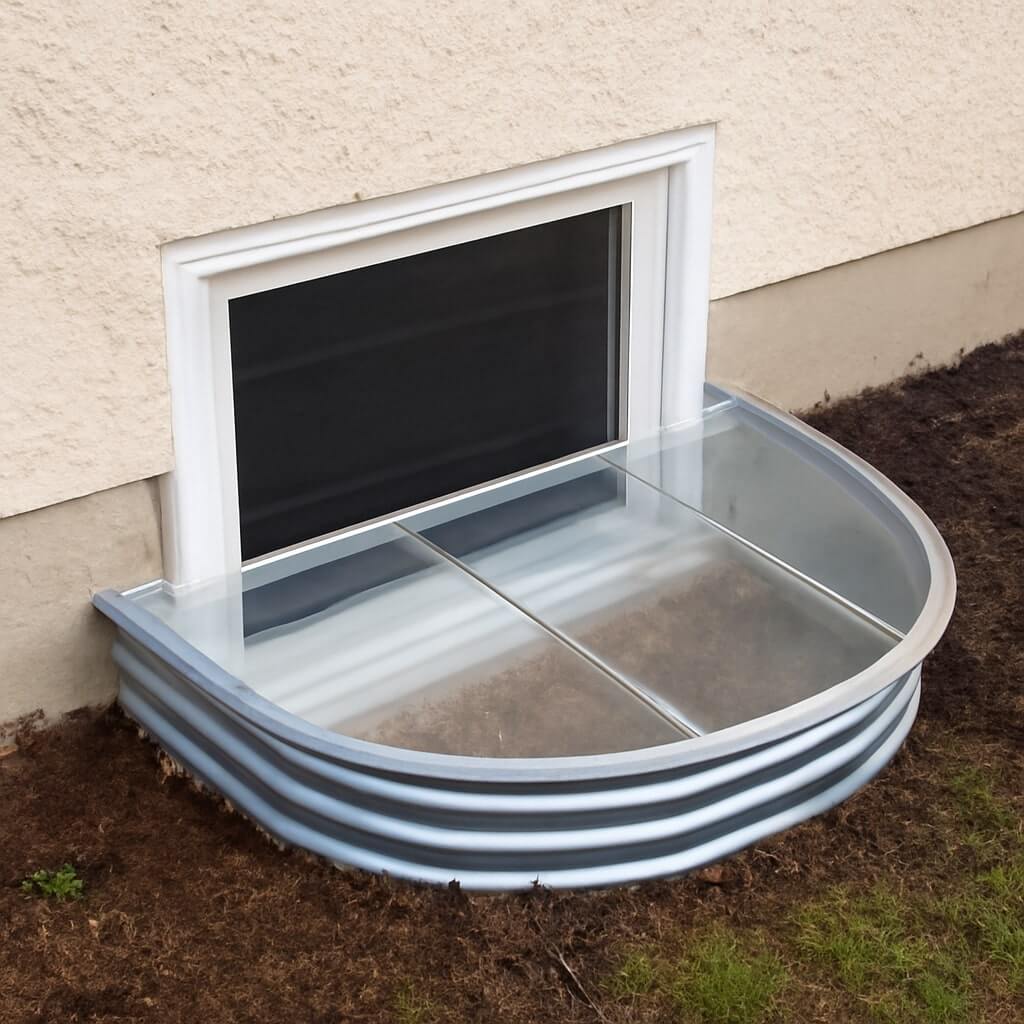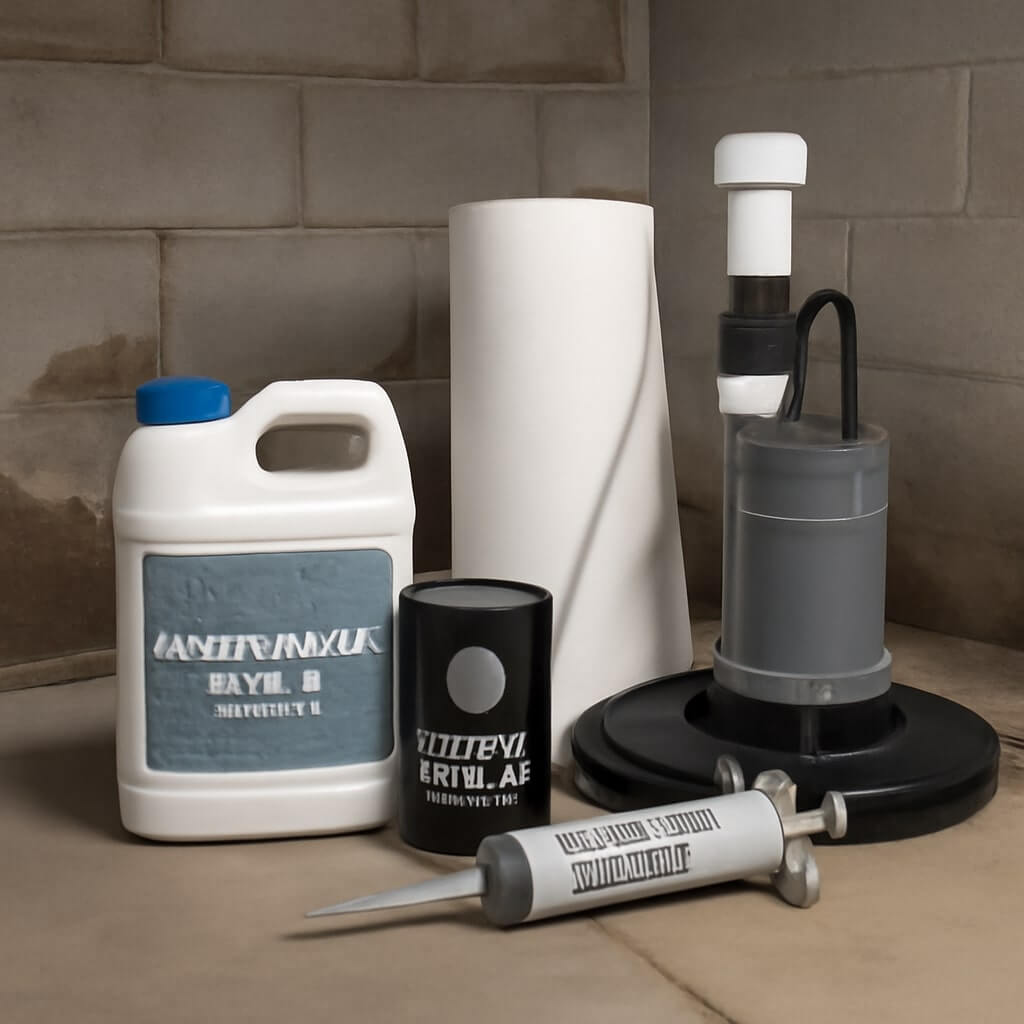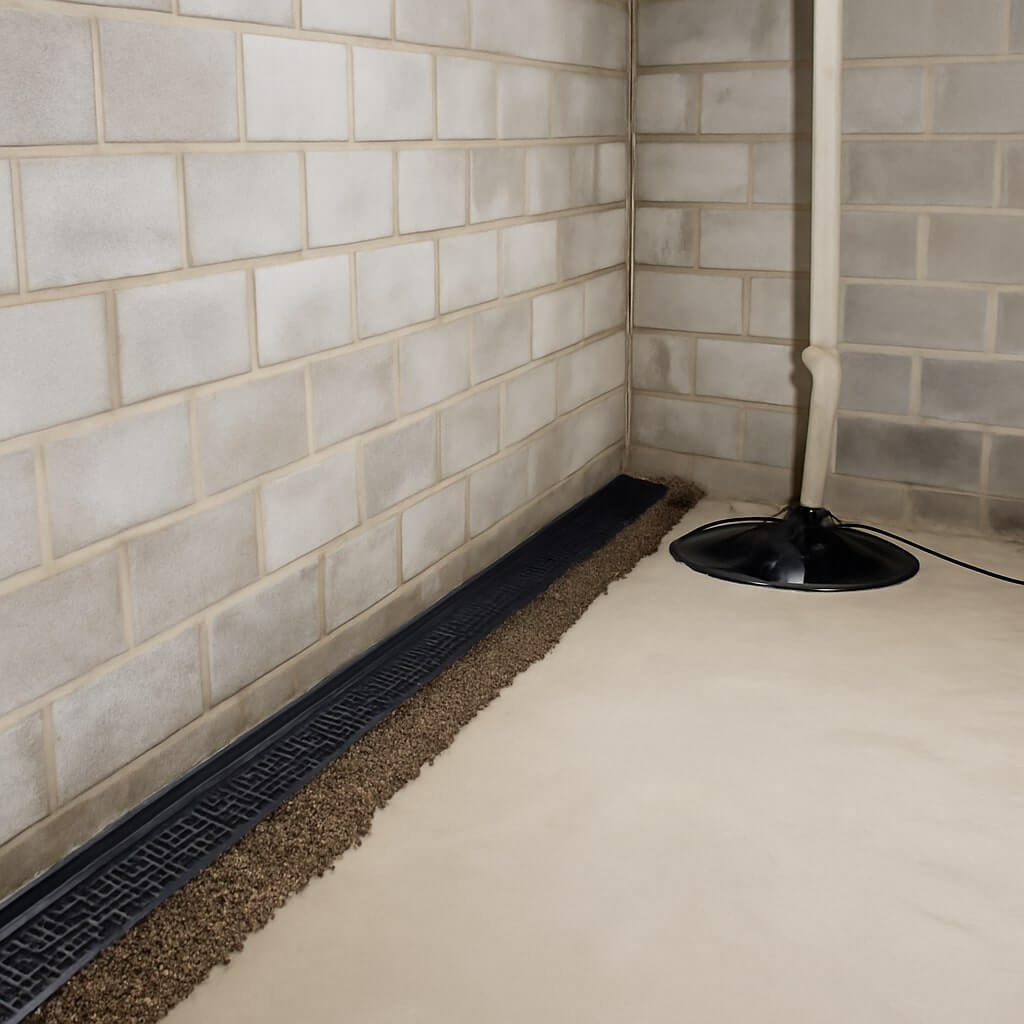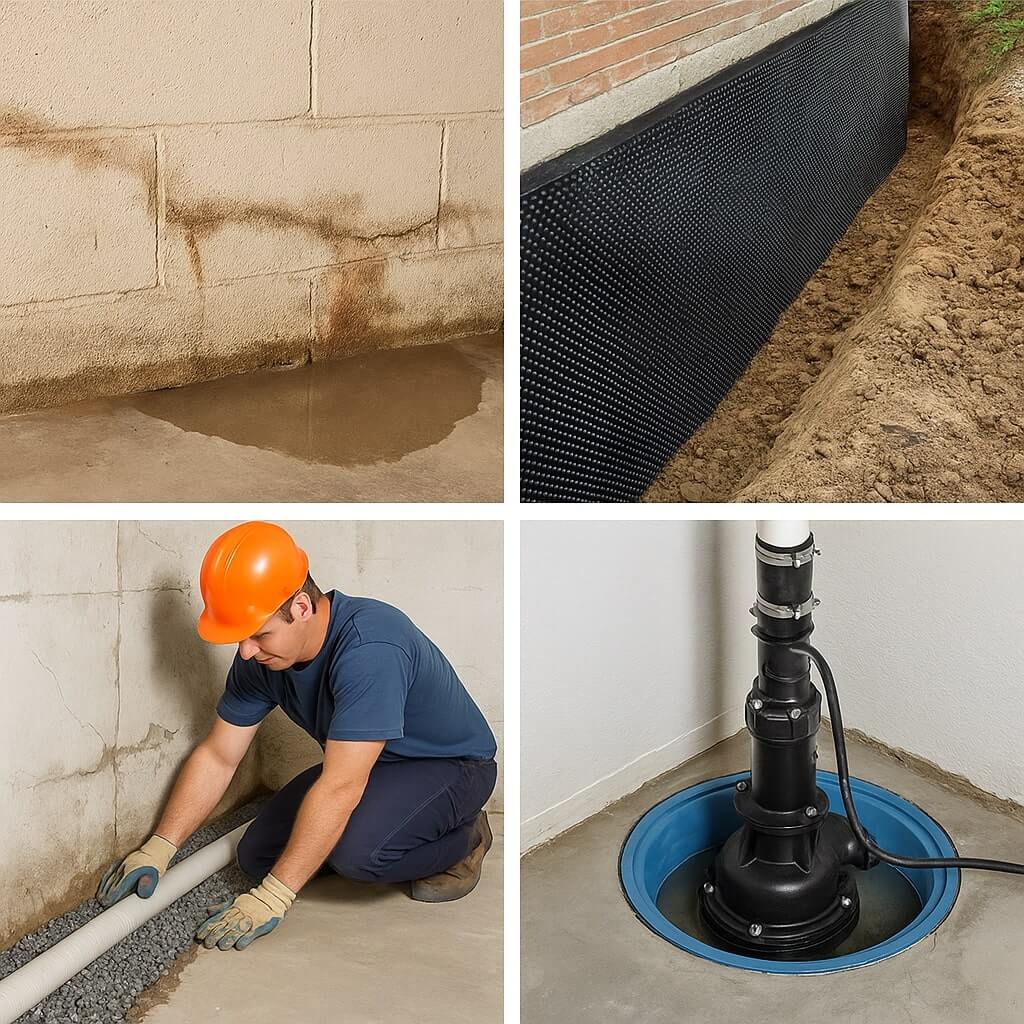Waterproof basement windows are a critical yet often overlooked component in maintaining a dry, mold-free, and structurally sound home. Whether you’re building a new home, renovating your basement, or dealing with chronic water leaks, understanding how to waterproof basement windows is essential.
In this guide, we’ll explore the importance of waterproof basement windows, types of solutions available, installation tips, and the most commonly asked questions.
Why Waterproofing Basement Windows Is Essential
1. Prevent Water Intrusion
Basement windows are prone to water leakage due to their proximity to the ground. Without proper waterproofing, they can allow rainwater, melted snow, or rising groundwater to seep into the basement, leading to:
- Mold and mildew growth
- Structural damage
- Increased humidity
- Pest infestations
2. Increase Energy Efficiency
Waterproofed windows typically have better seals and insulation, which means improved energy efficiency and lower heating/cooling costs.
3. Boost Property Value
A dry, well-maintained basement increases the value of your home and ensures a better inspection report if you ever decide to sell.
Types of Waterproof Basement Window Solutions
1. Window Wells with Covers
- What They Are: A semi-circular barrier made of metal or plastic installed around basement windows.
- Benefits: Keeps debris and water away, allowing proper drainage.
- Best For: Homes in areas with frequent rainfall or snow.
2. Proper Window Sealing
- What It Includes: Using silicone-based or polyurethane caulking around the window frame.
- Benefits: Prevents small leaks caused by gaps or cracks.
- Best For: Minor waterproofing or sealing old windows.
3. Drainage Systems
- Interior Drain Tile: Installed beneath the basement floor to redirect water away.
- Exterior Drainage: Redirects surface water before it reaches the basement walls.
- Best For: Homes with chronic water seepage issues.
4. Waterproof Window Replacement
- Upgrading to Vinyl or Fiberglass Frames: These are more resistant to water damage than wood.
- Double-Pane Windows: Improve insulation and reduce condensation.
- Best For: Renovations or homes with outdated window systems.
DIY vs. Professional Installation
DIY Waterproofing
- Pros: Cost-effective, suitable for minor leaks or maintenance.
- Cons: May not address underlying structural issues or major leaks.
Professional Services
- Pros: Long-term solutions, expertise in drainage and structural repairs.
- Cons: Higher upfront cost but better results.
Pro Tip: Combine both approaches—start with DIY caulking and invest in professional grading or drainage if problems persist.
Maintenance Tips for Waterproof Basement Windows
- Regularly Clean Window Wells to avoid clogging and overflow.
- Inspect Seals Annually and reapply caulking as needed.
- Check for Cracks around the foundation near the window.
- Ensure Proper Grading away from the window area.
FAQs: Waterproof Basement Windows
How do I know if my basement windows need waterproofing?
Can I waterproof basement windows from the inside only?
What is the cost of waterproofing a basement window?
Window well installation: $200–$500 per well
Professional waterproofing: $500–$2,000 depending on severity
Do window wells flood during heavy rain?
Is it worth replacing basement windows during waterproofing?
Final Thoughts
Waterproof basement windows are a wise investment for homeowners who want peace of mind, energy savings, and a healthy living environment. Whether you’re dealing with a persistent leak or planning a basement renovation, waterproofing your basement windows is a proactive step toward home longevity and value.




